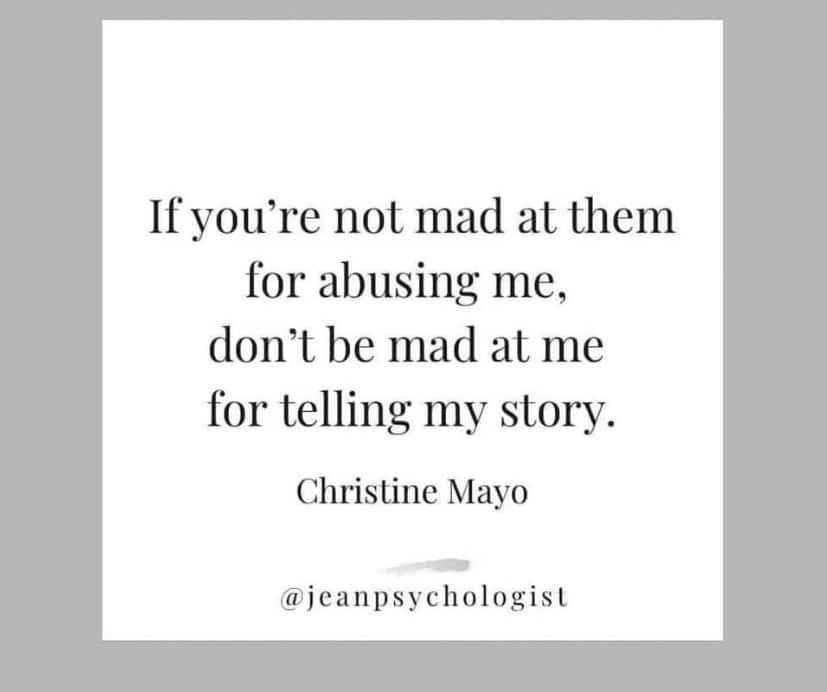This article was originally published on Psych Central as an advance preview of my book on family scapegoating abuse (FSA), Rejected, Shamed, and Blamed. To comply with Amazon’s publishing requirements, I am no longer able to offer portions of my book for free online. Visit my blog to see more articles on family scapegoating.
Rebecca C. Mandeville, MA, MFT

Prologue
“It’s said we all have a diary inside us. We go out into the world to write the story of how our life will be, and we write the story of how our life is. What if life has us so busy writing, that we pass the halfway mark not quite sure what we wrote. (You ask, how can that be? Read my story.) What happens when the story we read is nowhere near the story we intended? As in 180-degree-opposite-direction, nowhere near? As in, with a gasp of horror, what-happened-to-that-person, nowhere near? As in, why-didn’t-anyone-in-my-family-notice-and-say-something, nowhere near? There were no whales saved or oil wells dug dry. I didn’t support any dead beat dads or bad boys behaving badly. And don’t tell me this is what I made my own fate, or a just outcome in a just world, because neither this nor the world is just. (Go ahead, I dare you. Tell me it’s God’s plan. Be predictable.) This wasn’t a lost weekend. This was a lost 20 f***** years!
[….]
“You made yourselves co-conspirators with the tragedies in my life to slowly, imperceptibly, and systematically destroy me and destroy my life. While I was struggling desperately to keep from drowning and hang onto body and soul, you pinned me to the ground, put your boot on my neck, and then told me to stand up.”
Chapter 1
“There was a woman who stood atop a tall mountain, her face turned to the sun in joy and contentment, standing side by side with the remarkable man together with whom she this mountain was built. It was higher and stronger than either imagined, all their dreams being realized. Together, each became the person neither gave up hope being, and finally became as each found, for the first time, the person who love and believed in the other. Standing there, aglow in the amazing love they shared, they looked out onto a vast horizon with all the promise that had brought them to this great height . . . . It turned out she was standing on the edge of a precipice that was about to give way. . . .
Two decades later, the mountain is gone and she lies buried under its rubble, her husband is dead, everything is gone, and her life is in ruins. . . .”
##
It has been a long, difficult, and painful exercise. I am not finished. However, I can look back since starting to write this, and know I have come a long way. I am nearing the end of part 1. Part 2 is writing what my life can look like going forward.
It is an exercise I recommend. It helps to clarify and exorcise the past and gives proof of my progress whenever life starts to look discouraging again. As I write it, it allows me to catch a glimmer of what I may look forward to ahead, having now made the break of going no contact. It has been my life saver.
A wonderful example of reclaiming your personal narrative – I’d love to see where this goes! Thank you for sharing with us here…